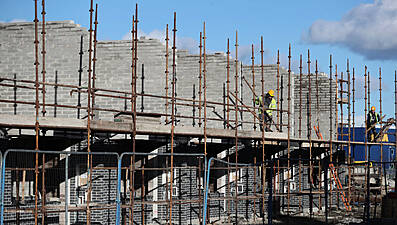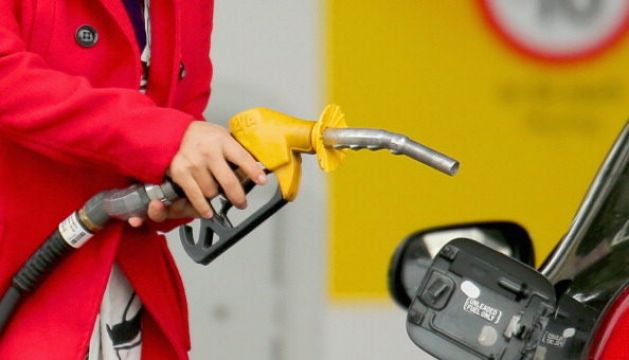Irish inflation rose to a 13-year high of 3.7 per cent last month as the cost of energy, transport and housing accelerated on the back of pent-up demand and supply chain bottlenecks.
The cost-of-living squeeze is linked to the rapid resumption of economic activity after lockdown and higher energy costs.
The latest consumer price index from Central Statistics Office (CSO) shows the price of an average basket of goods and services rose by 3.7 per cent in the 12 months to the end of September, the sharpest level of price growth seen since 2008.
According to the CSO, the sectors with the largest increases over the past year were transport (+11.4 per cent), housing, water, electricity, gas and other fuels (+9 per cent), alcoholic beverages and tobacco (+4.9 per cent) and restaurants and hotels (+2.7 per cent).
The main driver of energy costs were electricity prices, which were up by an average of 20.5 per cent on this time last year while gas prices were up 14.2 per cent. Home heating oil was up 45.7 per cent.
Within the transport category, the cost of petrol and diesel rose 14.5 per cent and 15.5 per cent respectively year-on-year.

An increase in carbon tax included in this week’s budget is expected to further accelerate fuel and heating prices.
Prices have increased for 11 straight months, the longest sequence of monthly inflation since 2007.
In this week’s budget, Minister for Finance Paschal Donohoe said the economy had rebounded swiftly since the lifting of restrictions but that the Government was “conscious of the cost-of-living pressures”.
The European Central Bank (ECB) insists the current rise in inflation will be transitory but others argue the massive build-up of savings during lockdown, combined with supply chain disruption, may keep upward pressure on prices for an extended period.







